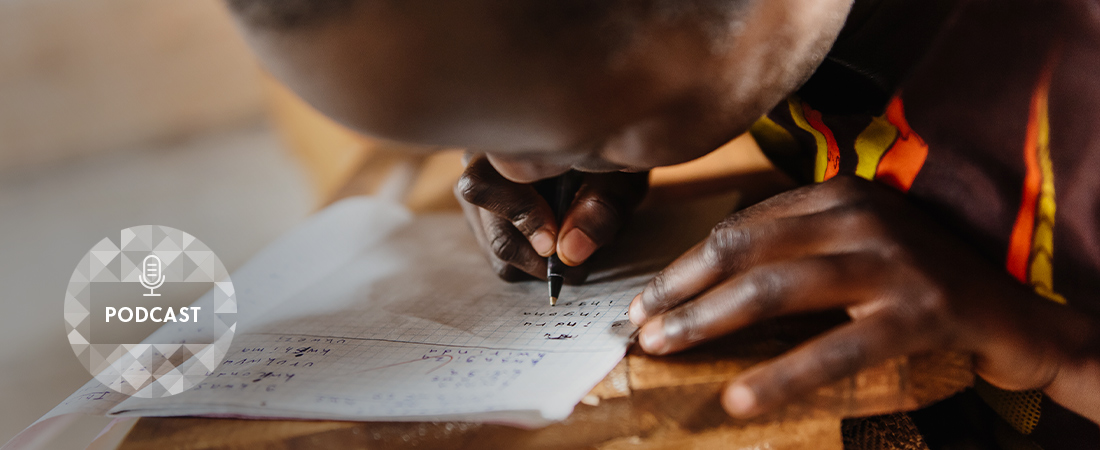Crisis, Conflict, and Resilience

Listen in as our experts discuss a wide range of current topics. Check out all of our podcasts.
When disaster strikes, some societies struggle—while others pull through. The reasons why can be complex. For EDC’s Cornelia Janke, who directs the USAID Education in Crisis and Conflict Network, it’s all about resilience: the ability of societies and individuals to absorb and respond to adversity.
In this podcast, Janke describes the challenges faced by young people living in crisis and conflict zones around the world and how growing up in that environment can imperil their growth and development. She also discusses what the international community can do to support the creation of societies that are stable and secure.
On the effect that gang violence has on children in Honduras and El Salvador
Janke: Here are 11-, 12-, 13-, 14-year old kids who are going through a very difficult time in life as they transition into their teen years. But at the same time, they are dealing with an environment where they literally fear for their lives every time they set foot outside their door or outside their school. Most of these children and youth have witnessed armed violence. Many of these children and youth have lost family members to gang violence.
On what the response to wildfires in Paradise, California, reveals about resilience
The reason why things [didn’t cascade into chaos] is because there were a number of interlocking institutions and systems that were able to be there for people and were able to help rebuild or begin to reweave a web that had really been devastated by fires.
On building resilience in communities that are experiencing crisis or conflict
Janke: You have to work at many different levels. You work at an individual level, trying to help children, youth, parents, families develop social and emotional skills that will help them make decisions and make meaning of some of the challenges that they face. At the same time, you have to work with institutions, and help those institutions offer the best quality service—whether that’s health, clean water, education, a bank loan. . . . All of those things are important.

